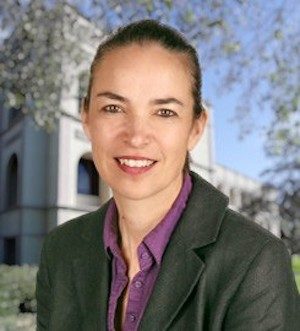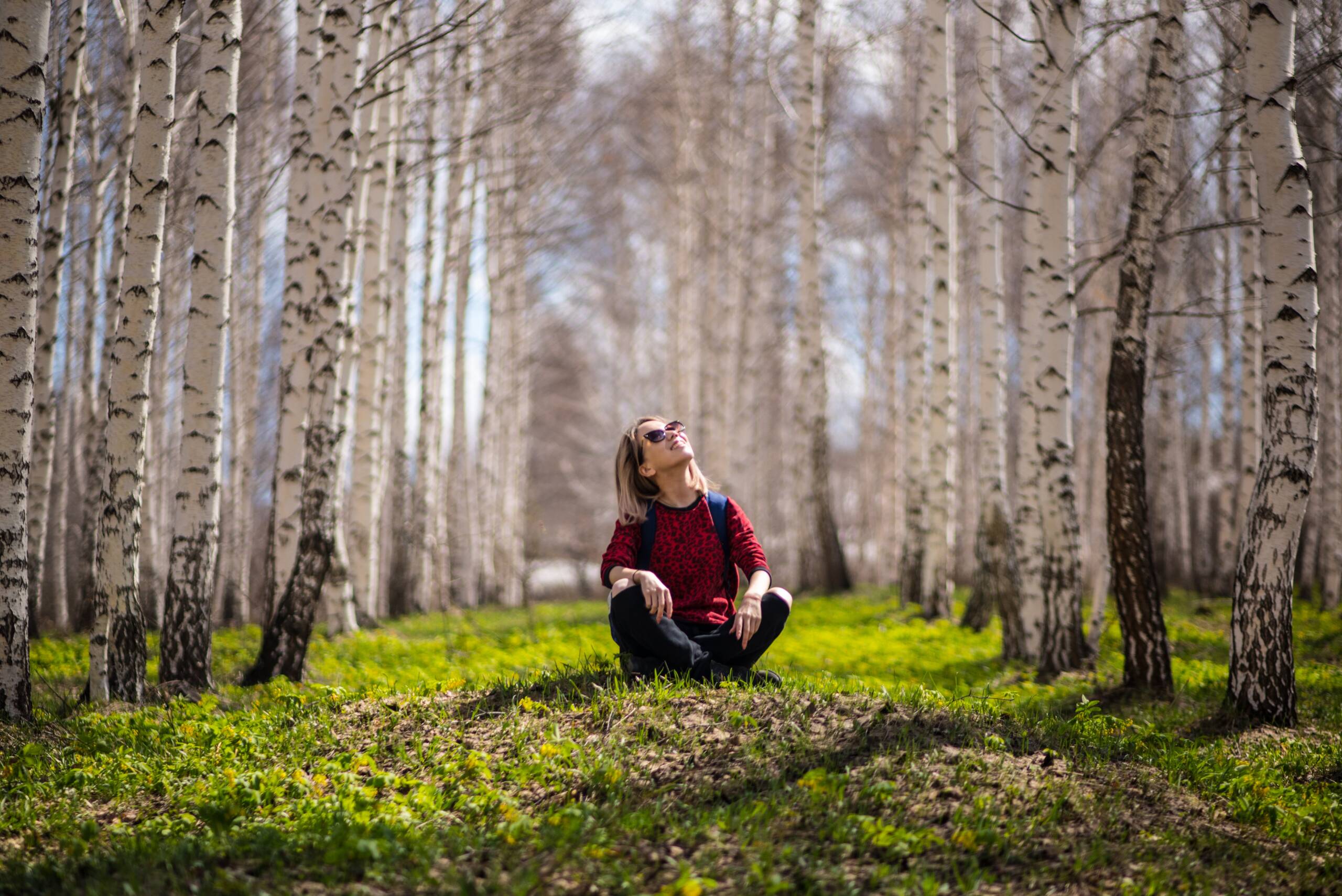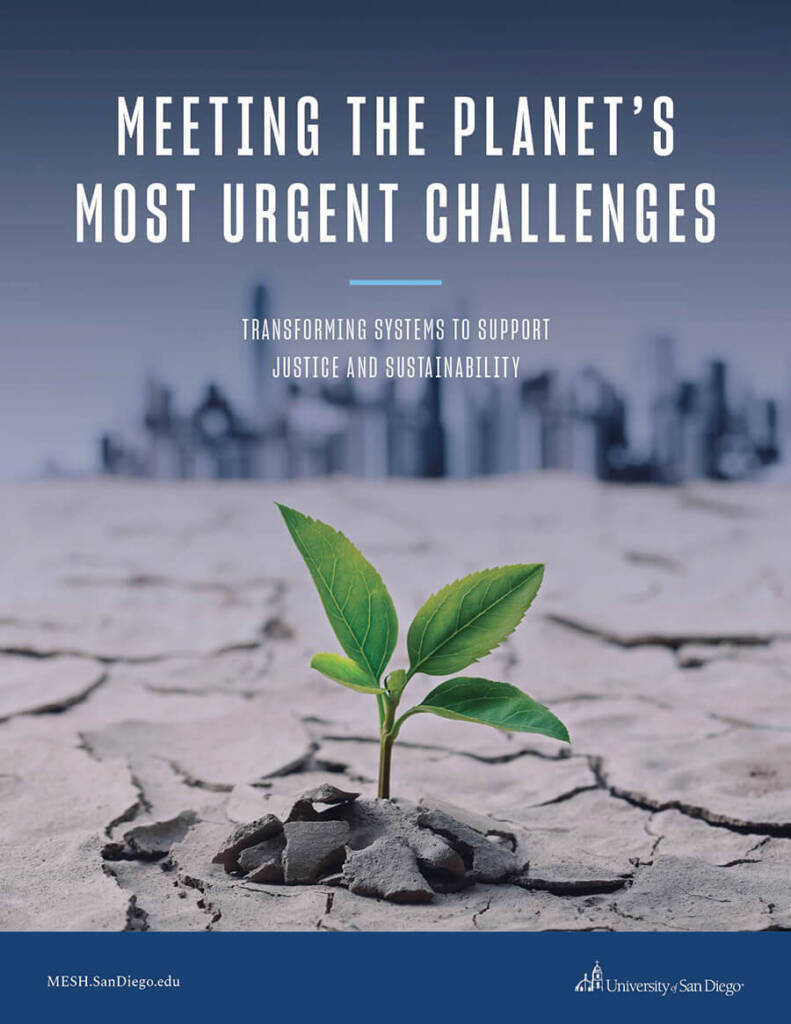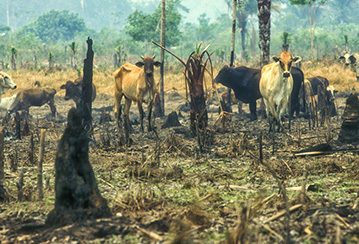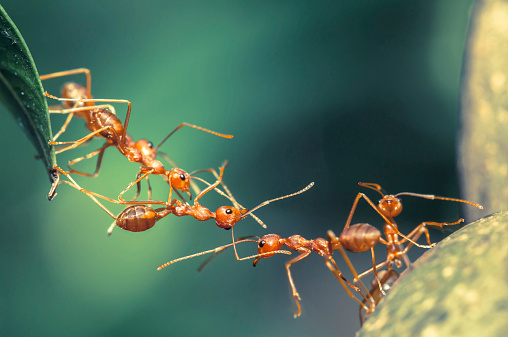Being conscious of our place means noticing, listening to what’s around us. It means seeing the life-giving trees and plants, the animals and the land, the water and the air. Being conscious of our place means acknowledging and respecting the traditional guardians of our land, be they Lenape, Kumeyaay, Noongar…it means understanding the entangled stories of the people who live here now, and those that came before. Being conscious of our place means noticing who has the power and privilege, who suffers the cost of our ways of life, who may have undergone decades or centuries of generational trauma. Being conscious of our place means all of these things. And it means taking action when all is not well.
Nature has looked after us for generations – providing all that we need – food, water, a place to rest. Even just being in nature supports our physical and mental health. Doctors are beginning to prescribe nature to their patients. Leaders of at-risk youth who adopt forest-based approaches to their training see the calming influence of nature. We know the benefits of forest school on children with autism, older people with dementia, and about children who say, ‘I don’t have ADHD when I’m out in the woods.’ I recently heard a talk by Jennifer Wisdom, MD, who speaks about the impressive benefits to blood pressure and stress levels (with a reduction in heart attacks and strokes) after just three short periods of being in nature each day (just being – not even walking). Neurological studies on mental health– show that time in nature has the benefits of anti-depressant drugs, the benefits of ADD drugs – with none of the negative side effects, and many of the positive ones thrown in for good measure. The list goes on. Those of us who grew up playing in the forests and see the toxic effects of screen time on our children know all about this instinctively. It is now being proved.
And what do we do in return? We pour toxins into our water, we drain our soils of every nutrient, we destroy life giving forests, we poison our air, we make our fish choke on plastic.
It is hard to imagine one person on earth who does not know something needs to be done. But how do we get there? How do we move from what we do now to what we need to be doing? Takes a team approach; a team of people from all places and all ways of knowing.
Together, we just might be able to create a synergy and become part of the ecosystem we live in instead of working against it.
To support the development of professionals who work towards this goal, we created the MS in Engineering, Sustainability and Health (MESH) program with an online modality; this way, we can bring people together from all over the globe, all careers, all disciplines, making it as inclusive as we can by at the same time developing a scholarship fund ‘Women Imagine the Future,’ to include the voices that are often left out of the conversation. Each and every one of us should respect our place, each and every one of us has gifts, perspectives and expertise that would make a program like MESH more valuable.
It is time to realize that we are part of, and not separate from nature, and that we must all take care of each other.
